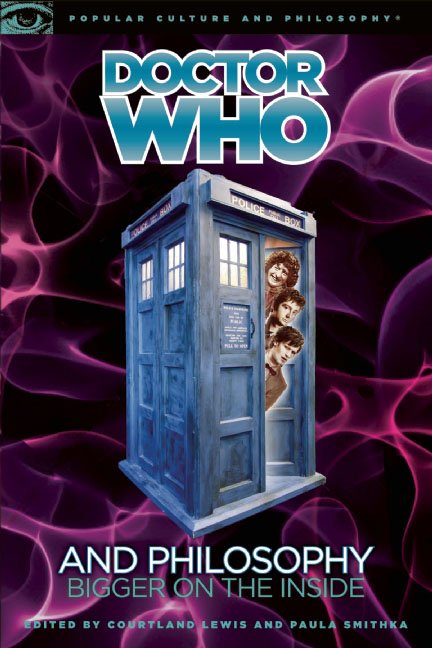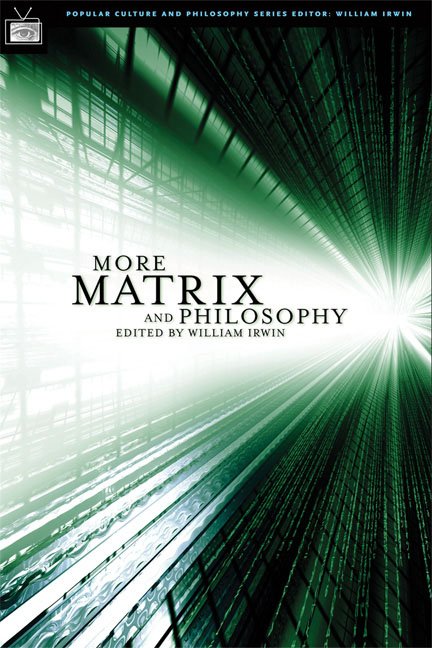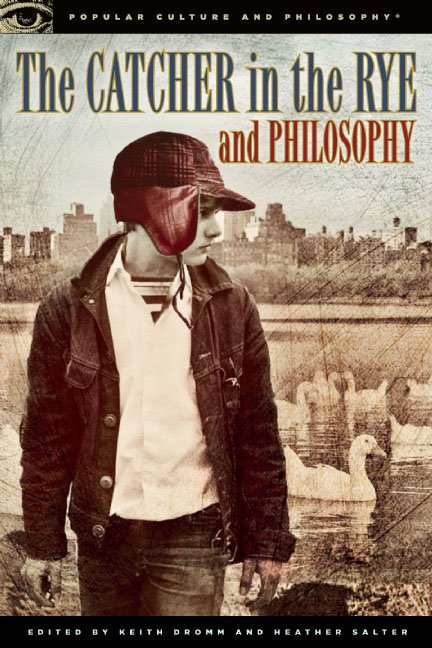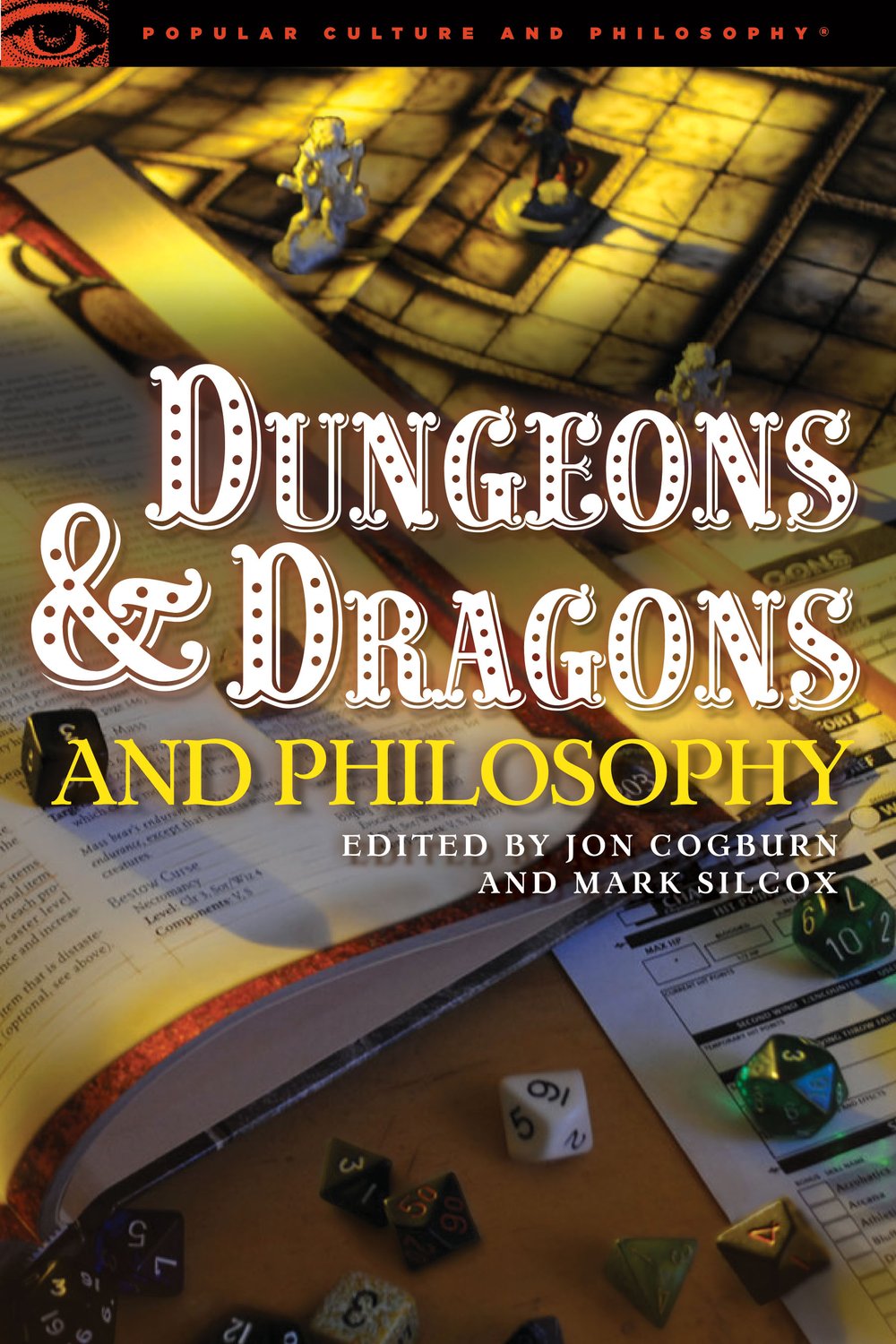The Princess Bride and Philosophy
Inconceivable!
The Princess Bride is the 1987 satirical adventure movie that had to wait for the Internet and DVDs to become the most quoted of all cult classics. The Princess Bride and Philosophy is for all those who have wondered about the true meaning of “Inconceivable!,” why the name “Roberts” uniquely inspires fear, and whether it’s a miracle to restore life to someone who is dead, but not completely dead.
The Princess Bride is filled with beliefs that go beyond the evidence, and philosophy can help us to decide when such beliefs can be justified.
Westley, Buttercup, Prince Humperdinck, Inigo Montoya, the giant Fezzik, and the Sicilian Vizzini keep on reappearing in these pages as examples of philosophical ideas. Is it right for Montoya to kill the six-fingered man, even though there is no money in the revenge business? What’s the best way to deceive someone who knows you’re trying to deceive him? Are good manners a kind of moral virtue? Could the actions of the masked man in black truly be inconceivable even though real? What does ethics have to say about Miracle Max’s pricing policy? How many shades of meaning can be conveyed by “As You Wish”?
Richard Greene is a professor of philosophy at Weber State University in Utah. He is the co-editor of many volumes in the Popular Culture and Philosophy series, the most recent being Girls and Philosophy.
Rachel Robison-Greene is the co-editor of Dexter and Philosophy and The Golden Compass and Philosophy. She is currently a Ph.D. candidate in philosophy at the University of Massachusetts Amherst. They both live in Ogden, UT.





